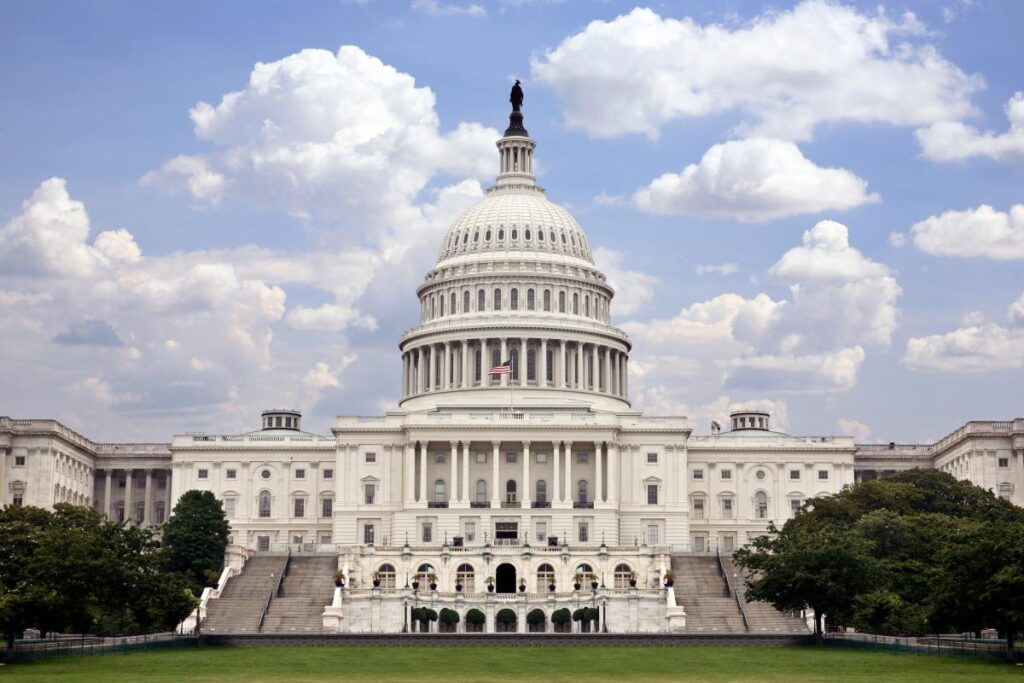As the new year unfolds, many Americans look forward to taking a break from their work schedules, particularly during the holiday season. The U.S. Office of Personnel Management released a detailed list of 11 federal holidays that will shape the calendar in 2025. These holidays provide opportunities for relaxation, reflection, and celebration, while also prompting the closure of government offices, schools, and a significant number of businesses. The recognition of these holidays emphasizes the importance of time off for both workers and their families, allowing the American workforce to recharge and partake in cultural and national observances.
Kicking off the holiday calendar is New Year’s Day, celebrated on January 1, marking the first federal holiday of the year. Shortly after, Martin Luther King Jr. Day will be observed on January 20, a time to honor the civil rights leader’s contributions to social justice. Following this, President’s Day, also known as Washington’s Birthday, falls on February 17, celebrating the nation’s first president along with all those who have held the office. These early-year holidays set a tone of reflection and remembrance, fostering a sense of unity among Americans.
Moving into the spring and summer, Memorial Day is scheduled for May 26 and serves as a solemn reminder to honor military personnel who have died while serving in the United States Armed Forces. The summer months bring Juneteenth National Independence Day on June 19, a crucial celebration of African American freedom and the end of slavery in the U.S. Following this, Independence Day on July 4 signifies the nation’s birth and is marked with festivities, fireworks, and gatherings, making it one of the most anticipated holidays of the year.
As summer gives way to autumn, people will observe Labor Day on September 1, a day dedicated to honoring the American labor movement and the contributions workers have made to the country’s strength. Columbus Day, set for October 13, recognizes Christopher Columbus’s arrival in the Americas. However, this holiday can be contentious, with some advocating for a re-examination of its implications. November brings two significant holidays: Veterans Day on November 11, which celebrates all American military veterans, followed by Thanksgiving Day on November 27, a time for families to gather and express gratitude, often through a shared meal.
The holiday season culminates with Christmas Day on December 25, which celebrates the birth of Jesus Christ and is observed by many with various traditions, including gift-giving and festive decorations. These holidays not only highlight the cultural fabric of the United States but also provide opportunities for personal connections and family gatherings. Each holiday has its own unique significance, contributing to the broader narrative of American history and the values that shape its society.
Lastly, it’s important to note the special recognition of Inauguration Day, observed on January 20, 2025, exclusively for federal employees in Washington, D.C. While not a nationwide holiday, it acknowledges the democratic process of transitioning power in the federal government. The inclusion of this day adds another layer to the federal holiday landscape, reinforcing the significance and traditions associated with governance in the United States. With these holidays in mind, individuals and organizations are encouraged to plan accordingly and to take advantage of these designated times for reflection, celebration, and relaxation throughout the year.

